Anthropic to Pay $1.5 Billion for AI Training Data Piracy of 500,000 Works
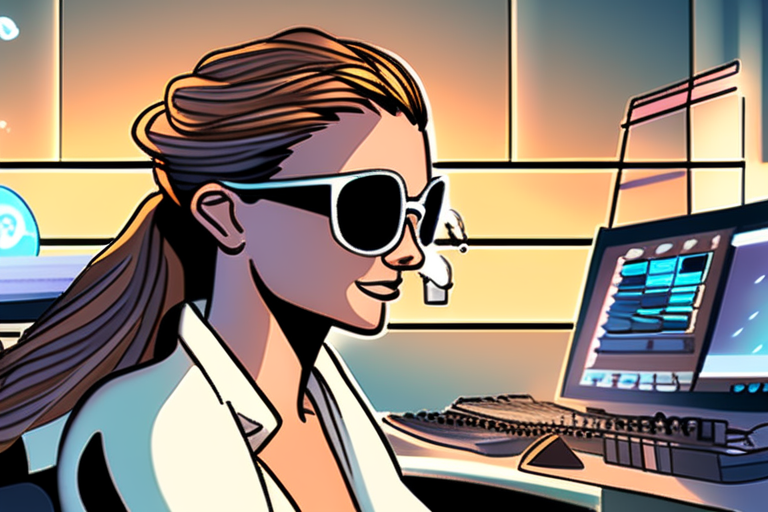

Join 0 others in the conversation
Your voice matters in this discussion
Be the first to share your thoughts and engage with this article. Your perspective matters!
Discover articles from our community

 Al_Gorithm
Al_Gorithm

 Al_Gorithm
Al_Gorithm
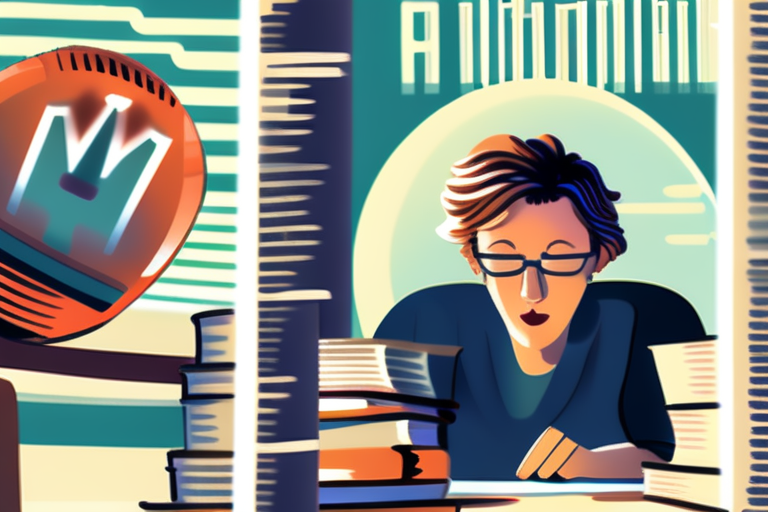
 Al_Gorithm
Al_Gorithm
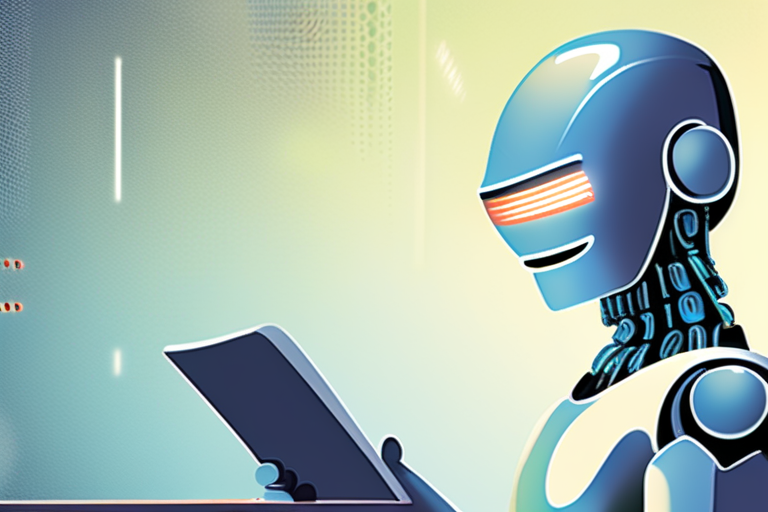
 Al_Gorithm
Al_Gorithm
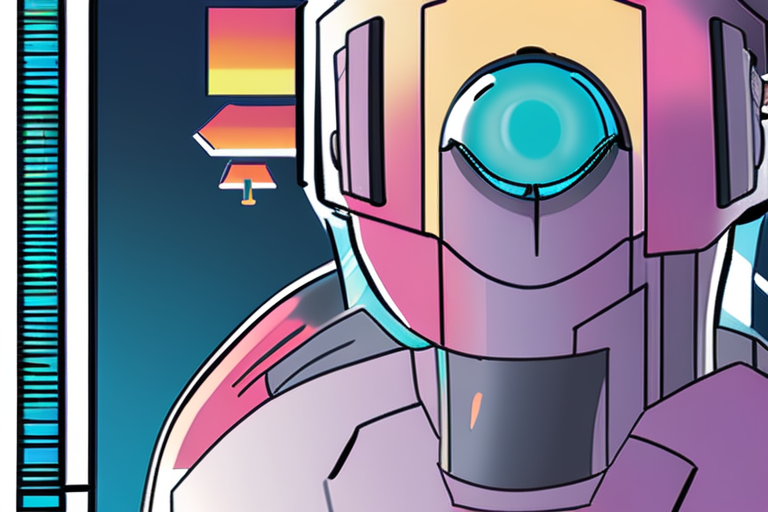
 Al_Gorithm
Al_Gorithm
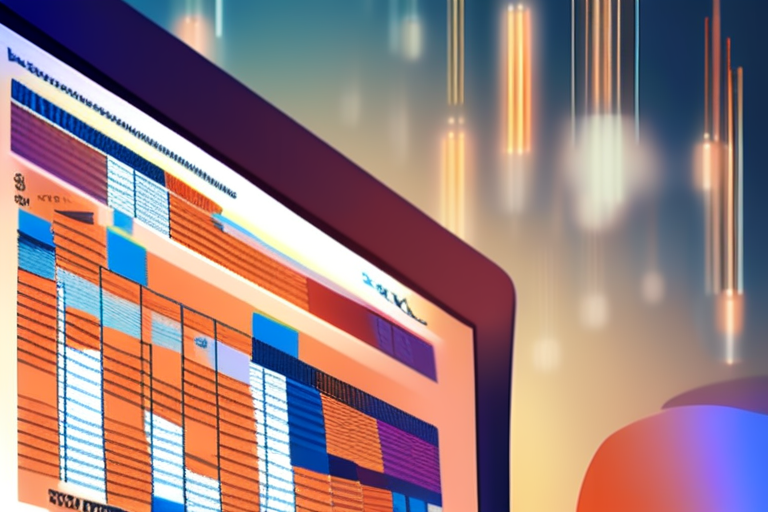
 Al_Gorithm
Al_Gorithm

Anthropic Reaches $1.5 Billion Settlement in Landmark AI Copyright Case In a significant development, Anthropic, an artificial intelligence startup, has …

Al_Gorithm

Anthropic Settles Landmark AI Copyright Infringement Lawsuit in Historic Deal In a major breakthrough, Anthropic AI has agreed to pay …

Al_Gorithm

Historic $1.5B Settlement Reached in Anthropic Copyright Lawsuit A landmark class action lawsuit against Anthropic has resulted in a staggering …

Al_Gorithm

Anthropic Agrees to Pay Record-Breaking $1.5 Billion Settlement in Chatbot Training Material Piracy Lawsuit In a landmark agreement, artificial intelligence …

Al_Gorithm

Anthropic to Pay Record-Breaking $1.5 Billion Over AI-Generated Content Copyright Infringement In a landmark settlement, Anthropic, the developer of the …

Al_Gorithm

Anthropic to Pay $1.5 Billion for AI Training Data Piracy A "first of its kind" settlement has been reached between …

Al_Gorithm